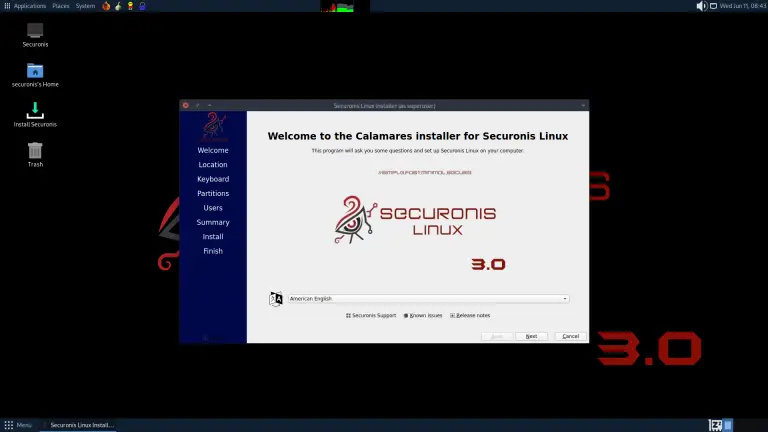
The Linux kernel may soon gain a novel mechanism for the formal specification of APIs utilized by user-space applications. Developer Sasha Levin has unveiled the initial version of this initiative, releasing a series of patches marked as “request for comments,” signifying that the proposal is still under discussion and not yet a finalized implementation.
The essence of the proposal lies in constructing a comprehensive framework for describing all public kernel interfaces—such as system calls and IOCTL interfaces—in a machine-readable format. At present, such specifications are either absent or scattered, leading to occasional regressions in user-space programs following kernel updates. This new framework aims to address that issue, thereby enhancing the stability of kernel–userspace interactions.
The proposed approach is composed of three core elements. First, it introduces specialized macros for describing the parameters of system calls directly within the kernel code. Second, it includes tools for automatically extracting these specifications and converting them into formats like JSON or plain text. Finally, it incorporates a runtime validation mechanism accessible via the debugfs interface. Embedding these specifications into the kernel source not only improves documentation but also enables prompt detection of potential incompatibilities resulting from kernel modifications.
The initial prototype includes descriptions of system calls such as epoll, exec, and mlock, along with complex IOCTL interfaces like binder and fwctl. The specifications record argument types, validation rules, return values, and possible errors—all of which prove invaluable to both developers and automated testing systems. This initiative is particularly timely in light of the ongoing integration of Rust into the Linux kernel, where new abstractions necessitate rigorously defined interfaces.
Additionally, Levin has introduced a utility named kapi, which enables the extraction and analysis of these specifications from source code, compiled kernels, or even running systems. The tool supports multiple output formats and can be employed both for generating documentation and for verifying compatibility across kernel versions. Such solutions are especially critical for API security, as precise specifications help prevent errors in the implementation and use of system calls.


